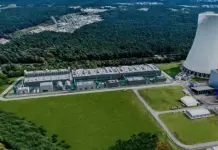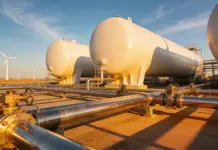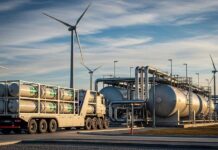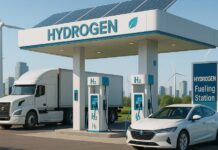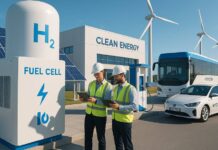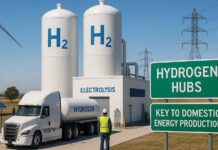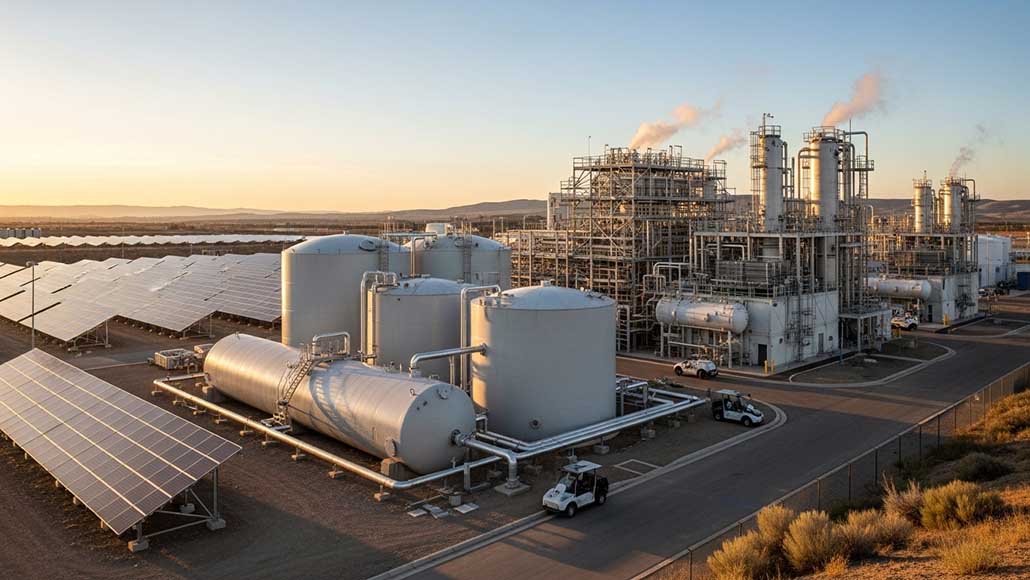Nigeria wants to make up to $50 billion in hydrogen export revenues and manufacture four million tonnes of green ammonia per year by 2060. This would make Nigeria a key player in the production of green hydrogen across the world. At the Nigeria4H2 Project Results Workshop in Abuja, this big target was confirmed again. The Nigeria4H2 initiative, which is being directed by the Energy Commission of Nigeria (ECN) in partnership with WASCAL and the German government, is now a major part of President Bola Tinubu’s Renewed Hope Agenda and forms the backbone of the country’s emerging green hydrogen strategy.
The Nigeria4H2 study’s projections show that the nation could greatly decrease its need for imported fertilisers by making green ammonia at home. The ECN has written a whole National Hydrogen Policy and Strategy that focuses on energy security, economic diversification, cutting emissions, and coming up with new ideas. The Vice President will lead the National Hydrogen Council, which will oversee the implementation of this green hydrogen strategy.
There are plans for many experimental projects, such as a 50MW solar-hydrogen demonstration plant in Kano State and hybrid solar-hydrogen mini-grids for remote regions. These are slated to start between 2026 and 2028. Nigeria hopes to make $10 billion a year from hydrogen exports by 2035, create 500,000 jobs, and eliminate 20% of industrial carbon emissions. Plans also include adding hydrogen-powered buses to Lagos’s BRT system and using hydrogen technology in big industrial operations like the Dangote Refinery and Indorama Eleme Petrochemicals.
But there are still problems. Some of these include an unreliable power supply, insufficient water infrastructure, high capital costs for electrolysers and renewable systems, and a lack of regulatory clarity. People at the workshop asked for faster licensing, tax breaks, and more government support for manufacturing important parts in the US. There were also significant requests for public-private partnerships, more money for R&D, and skills development to make sure that the green hydrogen strategy is successful in the long term.



